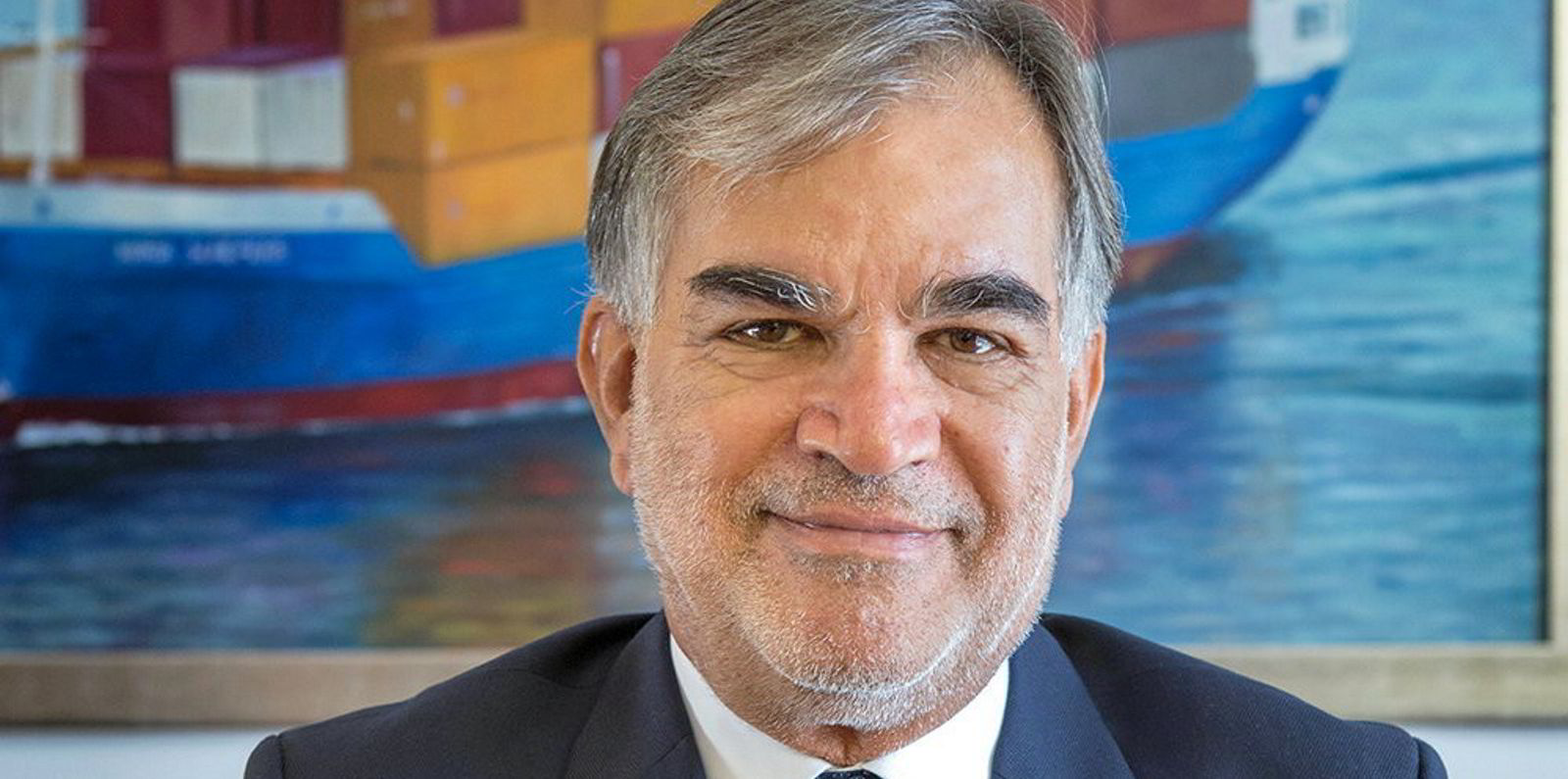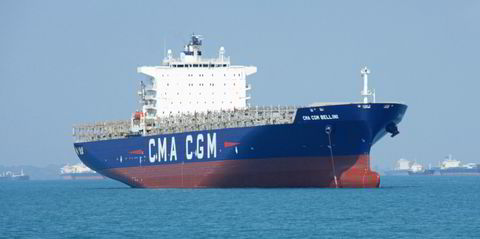Shipowners’ organisation Danish Shipping is highlighting a crucial element missing from Europe’s proposals for a shipping emissions trading system (ETS).
On Wednesday, the European Parliament reached a vital compromise over its position on the scheme.
Strong cross-party support for the changes to the parliament’s ETS proposal will allow it to bring a common position to the next stage of the political negotiating table with the European Council.
Maria Skipper Schwenn, director of climate, environment & security at Danish Shipping, welcomed the move, saying it allows the process to move forward.
But she said it is “a shame and paradoxical” that the parliament decided not to include the so-called Life Cycle Assessment (LCA) element, which looks at the emissions from fuels from production to usage.
This would create a better incentive for investing in new fuels and promote the uptake of green bunkers, she argues.
“In short, it makes much more sense to look at the total carbon footprint of a fuel — meaning from extraction, production and combustion — and not only at the amount of CO2 a ship emits when it sails on a given fuel,” Skipper Schwenn said.
She said the Danish climate minister, Dan Jorgensen, now has an important task ahead of him as he aims to explain the LCA principle at Europe’s Environment Council meeting on 28 June.
Denmark hopes then to take the proposal to the final negotiations scheduled in the autumn with the European Commission and the European Parliament.
First package rejected
The European compromise came two weeks after the legislative progress of the ETS stalled in the parliament, as parties rejected its first package of decarbonisation measures.
This raised doubts over whether the inclusion of shipping in the scheme could take place as scheduled in 2023.
Among the measures related to shipping in the new compromise deal agreed by the parliament was a proposal that 75% of the revenue generated from the ETS go to an Ocean Fund for sector decarbonisation.
It was also agreed that the principle of the polluter pays should be adopted, meaning ETS costs will be met by a vessel’s commercial operator, rather than its beneficial owner.





